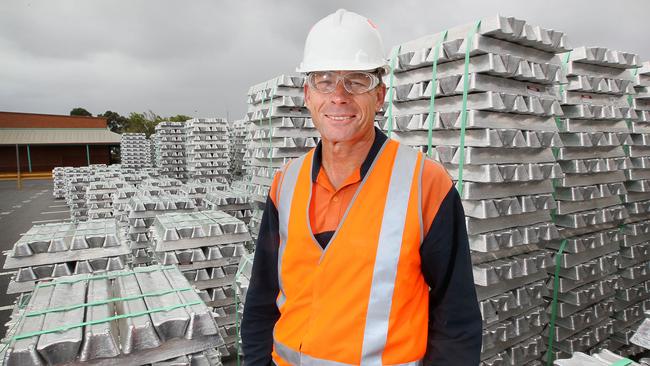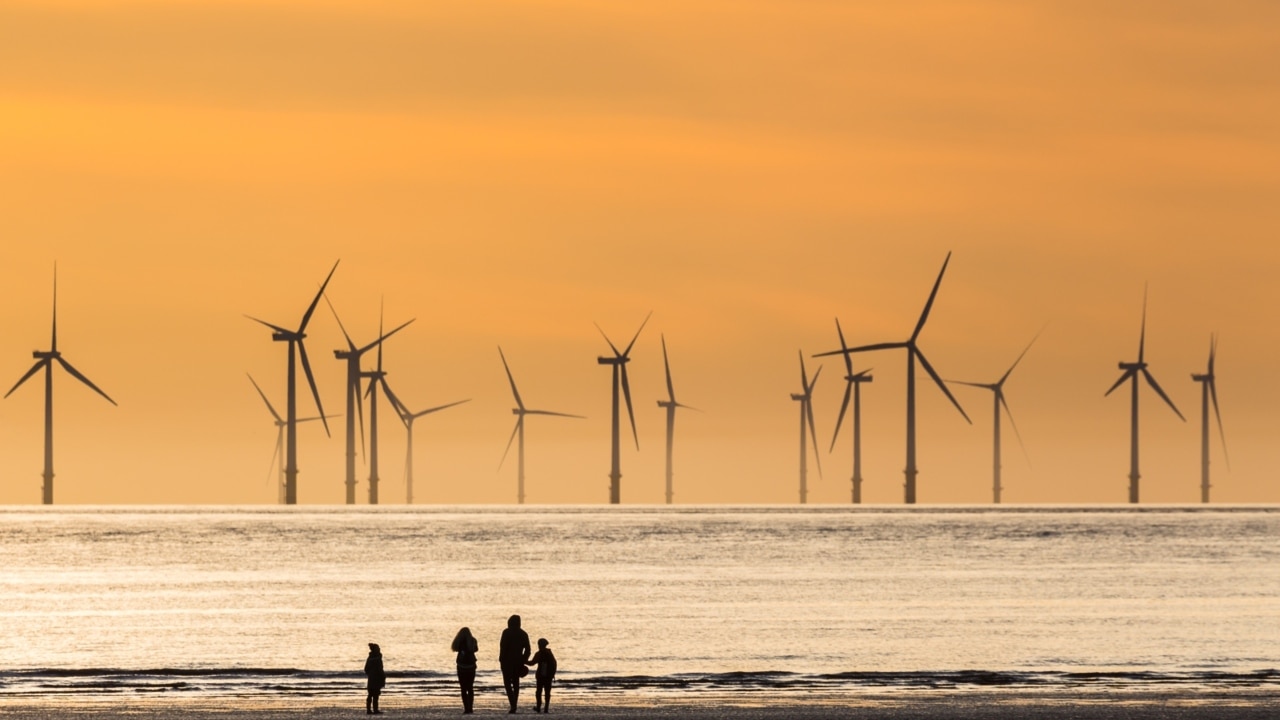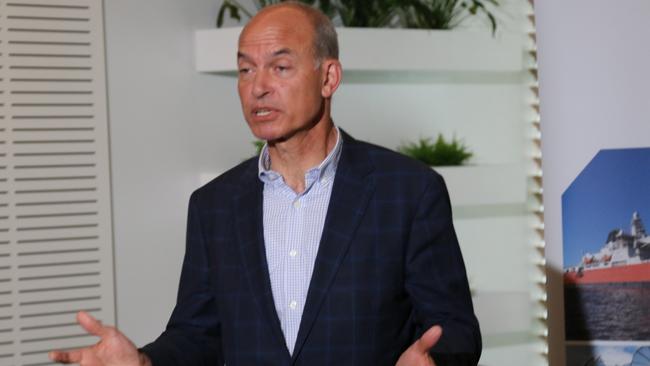Industry, business warns Marinus Link green power scheme could kill Tasmania’s competitive advantage unless local firms secure special price deal
Tasmania’s key industries want a dual power pricing system - cheaper rates for Tasmanian-based enterprises - warning without it a new interconnector with Victoria could destroy the state’s competitive advantage.

Tasmania’s key industries want a dual power pricing system – cheaper rates for Tasmanian-based enterprises – warning that without it a new interconnector with Victoria could destroy the state’s competitive advantage.
The proposed $3.8bn-plus Marinus Link, backed by the Albanese government, will allow the island state to export 1500MW of dispatchable renewables to the mainland, helping to decarbonise the nation.
However, local industry and business groups have told The Weekend Australian it could kill Tasmania’s current competitive advantage in luring manufacturers: relatively cheap, reliable hydro-electricity.
They are concerned that instead of setting up in Tasmania to access that dispatchable green power, factories and firms will do so in Victoria and simply import the same energy via Marinus.

Tasmanian Minerals, Manufacturing and Energy Council chief executive Ray Mostogl said the potential loss of Tasmania’s competitive advantage was a “huge” issue. Mr Mostogl said options that should be considered included an energy “reservation policy” or “different pricing structure” to favour Tasmania-based operations over mainland-based firms simply importing Tasmanian power.
“There’s an opportunity to ensure that we pay a fair price and there’s a fair margin for the players, but that Tasmania isn’t subjected to the crazy forces that the rest of the country is,” he said.
“We already have our 100 per cent renewable (power). We don’t need to do any more for Tasmania. Anything we do in Tasmania is effectively going to be done for others, so there are grounds to do that (dual pricing).”
The dual-pricing push is backed by the Tasmanian Small Business Council. “Mainlanders might say ‘what’s going on?, but it would give us a competitive advantage so that we can sell our goods and services to the mainland,” said council chief executive Robert Mallet.
Tasmania is already self-sufficient in renewable energy, largely hydro, and experts say the cost of hydro production has not increased significantly.
They say Tasmanians are experiencing major power price hikes purely because the state is linked to the National Electricity Market, rocked by mainland gas and coal volatility.
The state government is resisting pressure to de-link from the NEM, apparently out of fear it would scare investors away from Marinus and 2500MW of new wind farms planned to flow from it.
Tasmania would need to remain in the NEM if Marinus – subject to a final investment decision in late 2024 – proceeds. This would appear to preclude any dual-pricing system, unless NEM rules were changed, although the government, which owns all hydro and network assets, could issue rebates to local firms.

State Energy Minister Guy Barnett was noncommittal on the issue, but insisted Marinus would “put downward pressure on future energy bills” and “save the typical Tasmanian household $60-$70 per year on their power bills”.
Mr Mostogl said it was difficult to see how prices could be lower under Marinus, given the need to repay billions in debt to fund its 255km undersea cable, 90km of underground cable and 240km of transmission lines, as well as hydro upgrades.








To join the conversation, please log in. Don't have an account? Register
Join the conversation, you are commenting as Logout